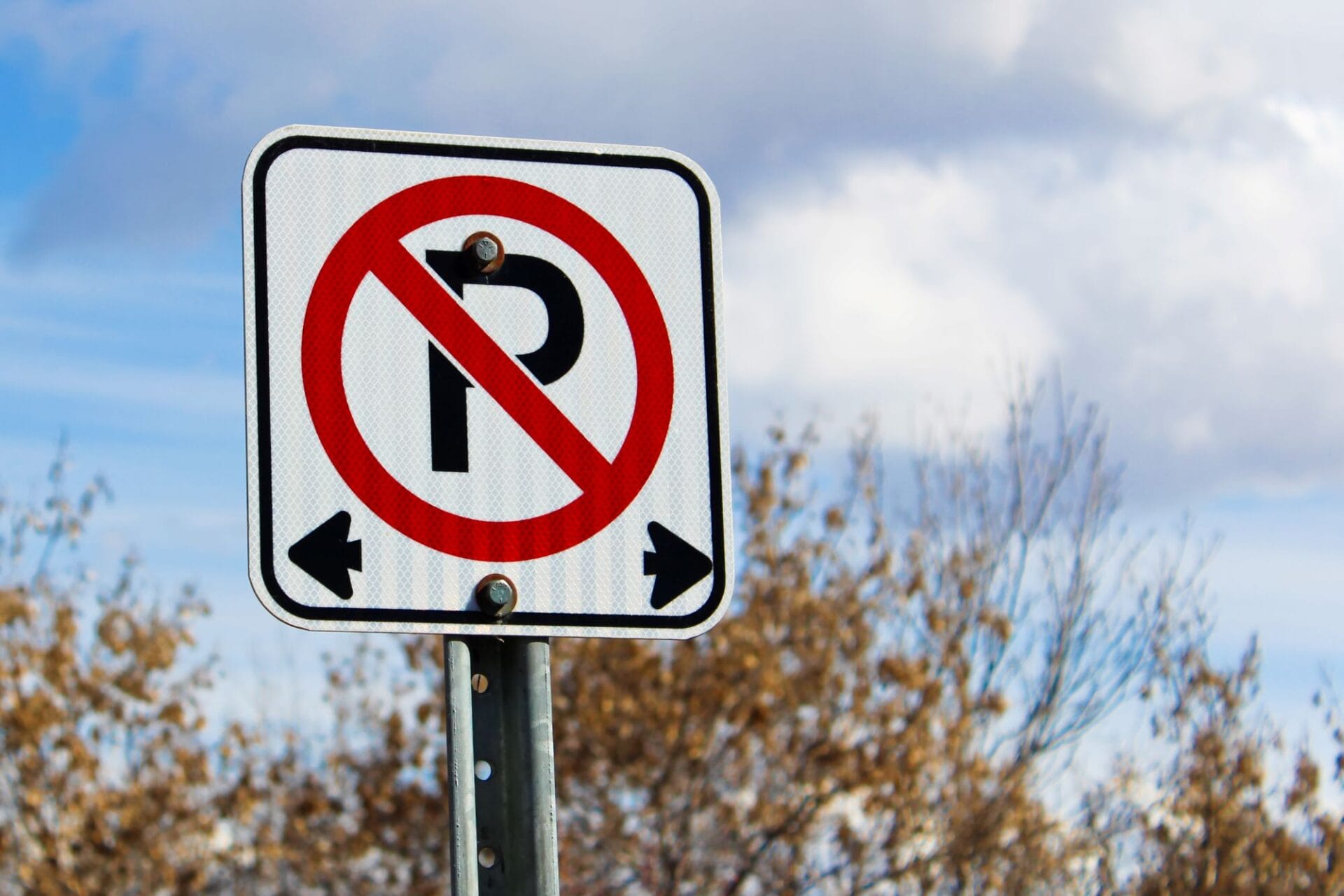When you live in a community with hundreds of other people, it can be challenging to get your ideas or concerns in front of the board. Writing a short but purposeful letter can help bring attention to your issue in a respectful way.
Determine your reason for writing
Board members and property managers are busy! While part of their responsibilities includes helping community members, they cannot spend all day answering letters or emails. That’s not to say you shouldn’t write them, but make sure there is a good reason for your letter.
Residents should reach out to their board or manager if:
- They have an inquiry about fees, finances or condo/HOA business
- They have noticed something that needs to be repaired
- They require more information about a process, such as how to run for a seat on the board or submit an architectural change request
- They have a time-sensitive issue that needs to be presented to the board
Boards often prefer residents to present ideas or concerns in member meetings. Conversations are often more productive when people can talk face-to-face. And this way, there is a formal record of the conversation (evidence of the conversation should be in the meeting minutes). However, not everyone can make those meetings, and they can only go for so long. Letters and emails are appropriate in many cases, and sometimes, they are necessary.
How to write a letter to your board or manager
Regardless of whether you are sending the manager or board a letter or email, ensure that your message is clear and polite. Keep it as short as possible, but add the important details, including your contact information, so that the respondent can get a hold of you.
Start with the date, sender and recipient information. You do not need to include the date or address of the recipient if you are sending an email.
Write a clear and concise subject line. Your letter will get more immediate attention if the recipient has a clear idea of the subject matter.
Get to the point. Be concise and make your purpose/request clear. You can add a friendly greeting at the beginning, but there is no need to provide paragraphs of background information or personal opinions.
Offer a solution, if possible. Complete the letter or email with a suggestion on how the board can take action. Use a tone that invites collaborative teamwork, rather than language that is pushy or threatening.
Thank the recipient for their time. Let the recipient know that you appreciate the time they will take to read and respond to the letter. Everyone likes to feel appreciated, even if it is their job to complete these types of tasks.
You should keep a copy of the letter or email that you send and make note of the date that you sent it. While boards are not obligated to respond to every single email or letter, there are circumstances where they must get back to the sender with some form of response within a certain number of days.

While your letter may be addressed to the board, don’t be surprised if the property manager responds to you on behalf of the board members. If the issue or question doesn’t require a decision, then it would make sense to have the manager take care of requests for data or information.
Are letters and emails considered official records?
Messages to board members and managers should always be courteous, but there’s a really compelling reason for residents to keep hateful or mean language out of their letters. In some cases, your message may become an official condo/HOA record.
This of course depends on the contents of the letter, where you live and what your communication policy/rules say about archiving correspondence. However, always write to your manager or board knowing there is a possibility that another member could review your letter.
Traditional letters
Written letters do not automatically become official condo/HOA records. If they do, these letters would not be kept indefinitely. Some communities have reported that boards will read letters sent to them during board meetings. This is to promote transparency and demonstrate that the concerns of members are taken seriously. The letter would then be documented in the meeting minutes. However, this is not likely a requirement, and it does not happen very often.
Florida has very specific rules about how letters from residents are to be handled, at least for condo communities. Pursuant to this state’s Condominium Act, if a unit owner files a written inquiry by certified mail with the board, the board must respond, in writing, within 30 days. The response must either give a substantive answer, notify the sender that a legal opinion has been requested if a lawyer is needed, or let the sender know that a response has been requested from the Division of Florida Condominiums. If the board has asked for advice from an attorney, it must provide a substantive response within 60 days.
Note that the board may pass reasonable rules and regulations governing inquiries from residents. For example, the board could mandate that each unit will only receive a response to one inquiry within a 30-day period.
There is no such requirement for a board to respond to an owner’s letter in a Florida HOA, regardless of whether it is sent by certified mail, unless that letter contains a request to inspect records.
In many cases, personal emails to board members are not considered official records unless the emails are received on a condo/HOA’s computer where management conducts business, or if the email is printed and used/read during a board meeting.
Note that email tends to invite more casual correspondence and quicker responses, but you still may have to wait for the information you need. A board member may preface an email with a statement that they are offering their opinion, and not speaking on behalf of the board. A member may also ask you to bring the matter to a board meeting where it can be formally addressed.
Does the recipient have an obligation to respond?
If you are sending the board or manager a letter expressing your thoughts about a community issue or personal problem, then the board has no obligation to respond. However, many communities do have an obligation to respond if you send an inquiry.
A community policy helps define when boards need to send a response. Though it would be nice if every email and letter could be addressed, sometimes that isn’t always possible. A condo/HOA manager will often be tasked with responding to emails from residents; they may just state that their email has been received and the matter has been presented to the board, but at least the sender knows that the message was acknowledged.
If the sender is writing angry or mean letters, then they may not receive any response at all. Most boards and managers want to avoid engaging in arguments that are not productive or helpful.
Conclusion
If you are going to write a letter to your board or manager, make sure it is purposeful, professional and clear. Communities may also consider using a management platform like Condo Control so that residents can send architectural and service requests through the software instead of using email. This way, important issues don’t get lost in the mail or someone’s inbox, and residents automatically get updates as soon as the status of a request changes. Plus. With an online file library, residents can easily access condo/HOA documents, reports, forms, and more on their own. It’s a great way to share information and reduce the workload for managers and board members.






















